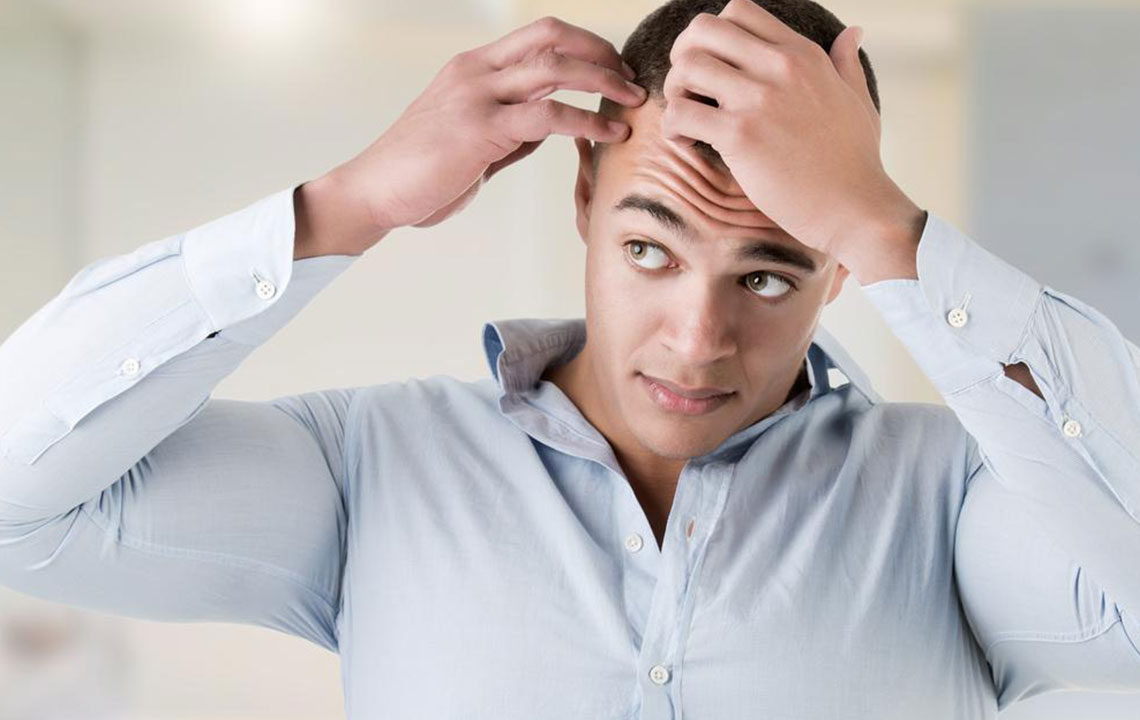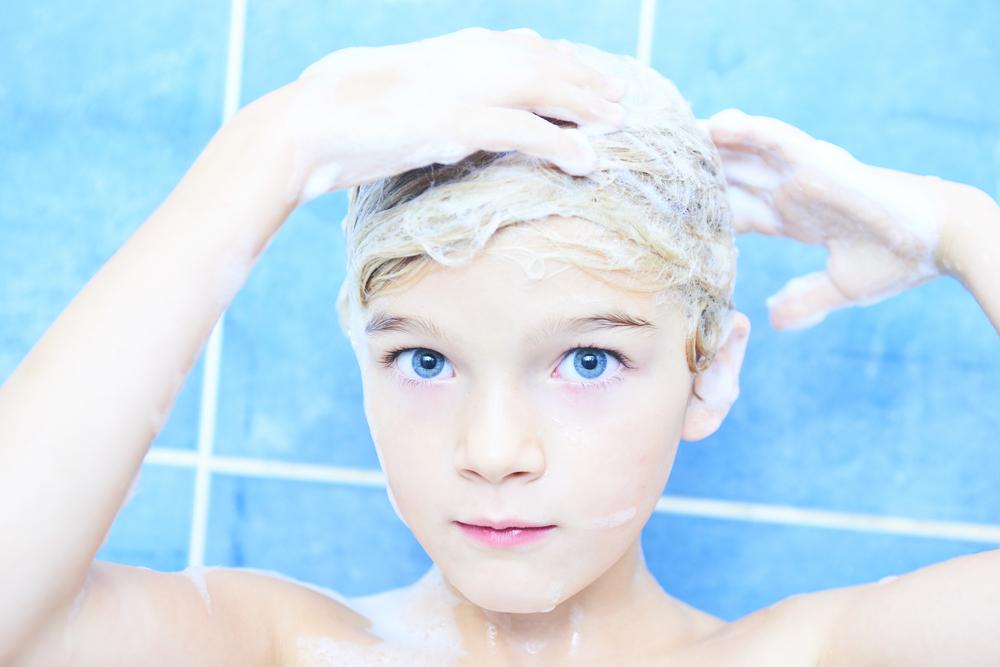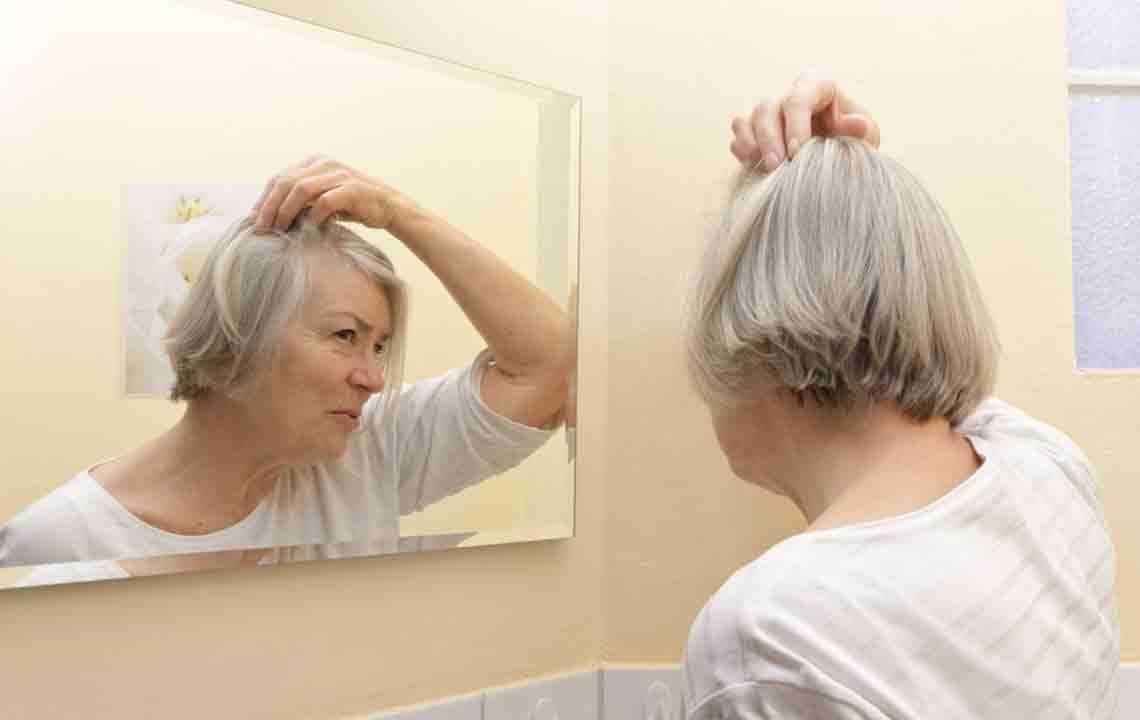Essential Insights on Hair Thinning and Treatment Options
This comprehensive guide covers essential aspects of hair thinning, including normal shedding signs, causes, prevention tips, and effective treatments like minoxidil, herbal remedies, and dietary changes. It highlights safe hair care practices and home remedies to support healthy hair growth, providing valuable insights for those experiencing thinning hair. Consulting healthcare professionals for personalized solutions is encouraged to address individual needs effectively.

Key Facts About Managing Hair Thinning
Our hair is a vital part of our identity, and most of us prefer to keep it full and healthy. While hair loss is natural to some extent, excessive thinning can be concerning, especially for women. Understanding the difference between normal shedding and problematic hair loss is crucial for timely intervention. Often, losing around 100 strands daily is normal, but if shedding increases or hair volume diminishes, it may indicate underlying issues. Various factors like stress, diet, and health conditions contribute to hair thinning. Recognizing habits that damage hair and exploring effective treatments can help restore hair health.
Daily hair loss of about 100 strands is normal and expected.
Exceeding this amount or noticing a decline in hair volume signals potential issues.
Hair loss from other body parts without health problems may also occur.
Be mindful of signs indicating possible hair thinning:
Noticeable increase in hair falling during brushing or washing.
Reduction in overall hair density.
Unexplained hair loss in other areas of the body.
To prevent hair thinning, consider avoiding:
Harsh hair products that damage scalp and strands.
Towel-drying with rough fabrics—opt for Cotton T-shirts instead.
Frequent use of hair dryers which dry out and weaken hair.
Rough combing or brushing—be gentle.
Tight hairstyles causing strain on hair roots.
Prolonged use of styling agents.
Medications that may contribute to hair loss—consult your doctor.
Common causes of hair thinning include:
Childbirth
Fever or illness
Natural aging process
Surgical procedures
Chronic health conditions
Effective hair thinning remedies include:
Scalp Massage – Enhances blood flow and maintains scalp health during showering.
Minoxidil – A topical treatment promoting hair follicle growth.
Stress Relief via Yoga – Helps reduce stress-related hair loss.
Rogaine – A recognized solution for both men and women.
Medicines – Prescription drugs, preferably FDA-approved, to restore hair.
Hair Transplants – For stubborn patches or advanced thinning not responsive to other treatments.
Herbal Remedies – Using herbs like Centella Asiatica and horsetail with minimal side effects.
Balanced Diet – High in proteins and nutrients essential for hair strength and volume.
Recommended shampoos for hair thinning include:
Shapiro MD
Kreanique
Procerin Shampoo
Lipogaine Big 3
Pura D’or Shampoo
Argan Oil Shampoo
PhytoWorx Organic Hair Loss Shampoo
Nexxus VitaTress Biotin Shampoo
Ultrax Labs Hair Surge
Regenepure dr
Bosley Hair Growth
Biotin Hair Loss Shampoo
Home remedies beneficial for hair thinning include:
Aloe Vera Gel – Extract gel from the plant, massage into scalp, leave for 25 minutes, rinse. Repeat twice weekly.
Avocado and Banana Paste – Mash and apply from scalp to ends, cover, and rinse after 30 minutes. Use weekly.
Coconut Oil – Apply overnight, wash next day. Repeat as needed for revitalization.
Note:
The information shared is for general knowledge and should not replace professional medical advice. Always consult a healthcare provider for persistent hair loss issues. Our content aims to educate and support but may not cover all available treatments or schemes.










